Similar Posts
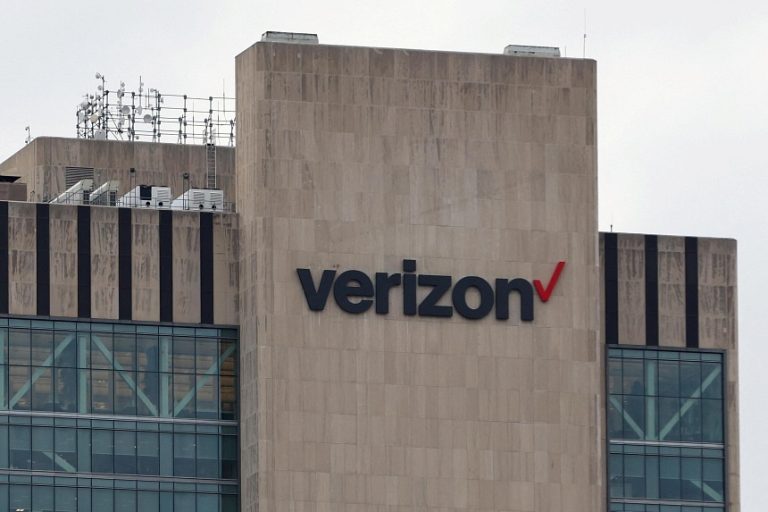
MARYLAND – The director of the US National Security Agency on Nov 20 urged the private sector to take swift, collective action to share key details about breaches they have suffered at the hands of Chinese hackers who have infiltrated US telecommunications.
General Timothy Haugh, a four-star Air Force general who leads the NSA and Cyber Command, told Bloomberg News at the National Security Innovation Forum in Washington that public disclosure would help find and oust the hackers, as the US continues to try to understand a new spate of damaging mass breaches.
In calling for more disclosure, General Haugh didn’t identity specific companies.
General Haugh said he wants to provide a public “hunt guide” so cybersecurity professionals and companies can search out the hackers and eradicate them from telecommunications networks.
“The ultimate goal would be to be able to lay bare exactly what happened in ways that allow us to better posture as a nation and for our allies to be better postured,” he said, adding the US is reliant on industry to share insights into what happened on their own networks.
US authorities have confirmed Chinese hackers have infiltrated US telecommunications in what Senator Richard Blumenthal, a Connecticut Democrat, this week described as a “sprawling and catastrophic” infiltration. AT&T Inc, Verizon Communications Inc and T-Mobile are among those targeted.
Through those intrusions, the hackers targeted communications of a “limited number” of people in politics and government, US officials have said.
They include Vice-President Kamala Harris’ staff, president-elect Donald Trump and vice-president-elect JD Vance, as well as staffers for Senate Majority Leader Chuck Schumer, according to Missouri Republican Senator Josh Hawley.
Representatives of the Chinese government have denied the allegations.
China is “doing this on a scale en masse and as a national effort,” General Haugh said.
The US experience and response is more disjointed, given the limited reach of different law enforcement agencies and the dependence on information from the private sector. There are multiple investigations underway associated with the telecommunications breaches, he said.
“Everybody is in a slightly different place as it relates to Salt Typhoon,” General Haugh said, referring to Microsoft Corporation’s name for the group believed to be behind the telecommunications breaches.
Two cybersecurity experts who requested anonymity to speak freely have privately complained about the lack of information shared that could otherwise help them and others understand, find and tackle the hacks.
Detailed public disclosures would mean that even if some companies haven’t seen the intrusions yet, “they can begin to put countermeasures in place,” General Haugh said. It would also help other nations uncover and root it out too, General Haugh said.
“It’s going to take collective work,” he said, adding the “speed” with which everyone collaborates is a key step. BLOOMBERG

WASHINGTON – Chinese hackers who tapped into Verizon’s system targeted phones used by Republican presidential candidate Donald Trump and his running mate JD Vance, the New York Times reported on Oct 25, citing people familiar with the matter.
The newspaper said investigators were working to determine what communications, if any, were taken.
The Trump campaign was made aware this week that Trump and Mr Vance were among a number of people inside and outside of government whose phone numbers were targeted through the infiltration of Verizon phone systems, it added.
The campaign did not immediately respond to a request for comment.
The Trump campaign was hacked earlier this year. The US Justice Department charged three members of Iran’s Revolutionary Guards Corps with the hack and trying to disrupt the Nov 5 election. REUTERS
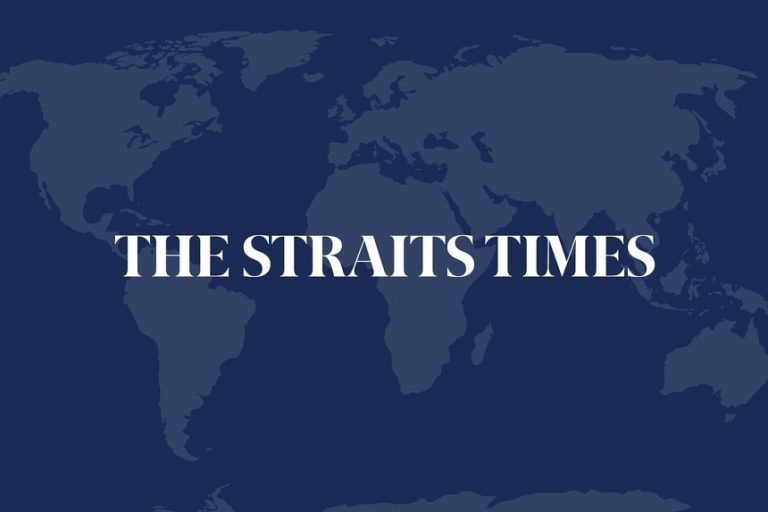
HELSINKI – A fibre optic communications cable linking Finland and Germany along the seabed has stopped working and may have been severed by an outside force, Finnish state-controlled cyber security and telecoms network company Cinia said on Monday.
The 1,200 km (745 miles) C-Lion1 cable running through the Baltic Sea from Finland’s capital Helsinki to the German port of Rostock malfunctioned just after 0200 GMT, the company said.
The sudden outage implied that the cable was completely severed by an outside force, although a physical inspection has not yet been conducted, Cinia’s Chief Executive Ari-Jussi Knaapila told a press conference.
The damage occurred near the southern tip of Sweden’s Oland island and could typically take between five and 15 days to repair, he added.
Cinia said it was working with authorities to investigate the incident.
Last year a subsea gas pipeline and several telecoms cables running along the bottom of the Baltic Sea were severely damaged in an incident raising alarm bells in the region.
Finnish police investigating the 2023 case have named a Chinese container ship believed to have dragged its anchor as a prime suspect, but have not said whether the damage was believed to be accidental or done with intention.
In 2022 the Nord Stream gas pipelines linking Russia to Germany in the Baltic Sea were destroyed by explosions in a case that remains under investigation by German authorities. REUTERS
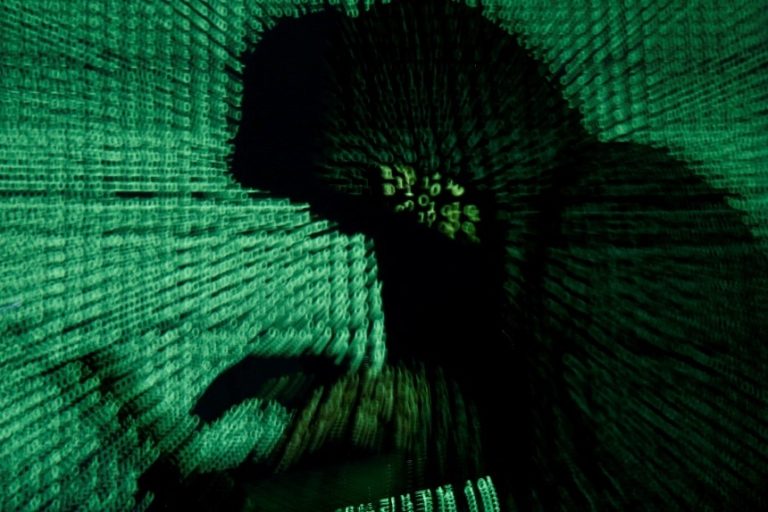
WASHINGTON – Chinese state-affiliated hackers intercepted audio from the phone calls of US political figures including an unnamed campaign adviser of Republican presidential candidate Donald Trump, the Washington Post reported on Oct 27.
The FBI and the US Cybersecurity and Infrastructure Security Agency said on Oct 25 they were investigating unauthorised access to commercial telecommunications infrastructure by people associated with China.
Trump’s campaign and the FBI did not immediately respond to a request for comment.
The Post also reported the hackers were able to access unencrypted communications like text messages, of the individual.
Reuters reported on Oct 25 that Chinese hackers also targeted phones used by people affiliated with the campaign of Democratic presidential candidate Kamala Harris.
Trump and his running mate, J.D. Vance, were targeted, various media outlets reported last week.
The Trump campaign was made aware last week that Trump and Mr Vance were among a number of people inside and outside of government whose phone numbers were targeted through the infiltration of Verizon phone systems, the New York Times reported on Oct 25.
The Trump campaign was hacked earlier in 2024. The US Justice Department charged three members of Iran’s Revolutionary Guard Corps with the hack, accusing them of trying to disrupt the Nov 5 election.
Verizon said on Oct 25 it was aware of a sophisticated attempt to target US telecoms and gather intelligence and is working with law enforcement.
Congress is also investigating and earlier this month U.S. lawmakers asked AT&T, Verizon and Lumen Technologies to answer questions about reports Chinese hackers accessed the networks of U.S. broadband providers.
The Chinese embassy in Washington said last week it was unaware of the specific situation but said China opposes and combats cyber attacks and cyber thefts in all forms. REUTERS
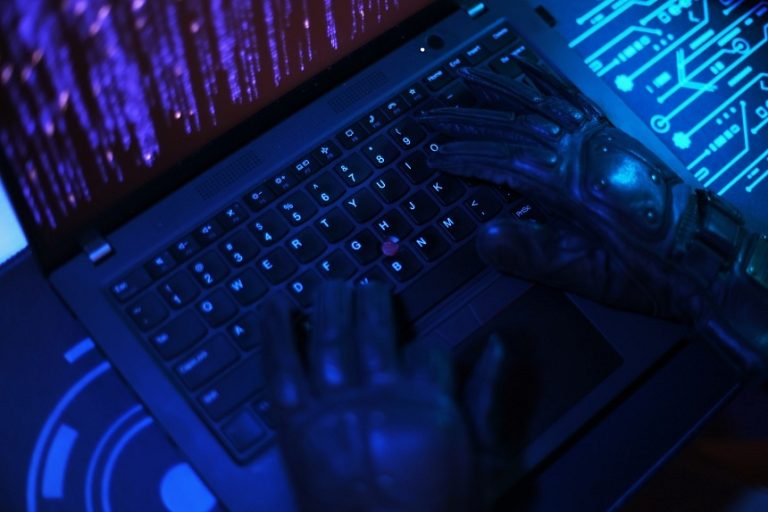
“Ofcom to Detail Actions Required for Social Media Companies Over Illegal Content by December”
LONDON – Britain’s media regulator Ofcom said on Oct 17 that it would detail what action it expected social media companies to take over illegal content on their platforms in December, saying it expected swift action or they would face consequences.
Ofcom, which is responsible for implementing the government’s Online Safety Bill, said the platforms would have three months to complete their own illegal harms risk assessments after the publication of its demands.
“The time for talk is over,” Ofcom’s Chief Executive Melanie Dawes said on Oct 17. “From December, tech firms will be legally required to start taking action, meaning 2025 will be a pivotal year in creating a safer life online.”
She said the regulator had already seen positive changes, but expectations were going to be high.
“We’ll be coming down hard on those who fall short,” she said.
Ofcom said better protections had already been introduced by Meta, the owner of Instagram and Facebook, and Snapchat which have brought in changes to help prevent children being contacted by strangers.
Britain’s new online safety regime, which became law last year, requires social media companies to tackle the causes of harm, particularly for children, by making their services safer.
If companies do not comply with the new law, they could face significant fines and, in the most serious cases, their services could be blocked in Britain. REUTERS
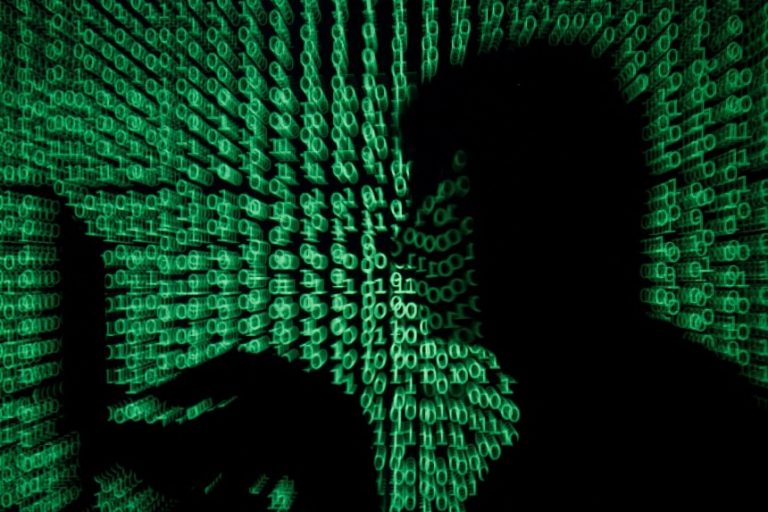
WASHINGTON – Russian hackers are going after US government officials, defence workers and others in a new email phishing campaign targeting thousands of people, according to Microsoft Corp.
The hackers have sent “a series of highly targeted spearphishing emails” to thousands of people in more than 100 organisations since Oct 22, according to a blog post from Microsoft Threat Intelligence published on Oct 29.
The latest campaign will add to mounting concerns over US failures to outwit suspected Russian and Chinese hackers.
The FBI said on Oct 25 it is investigating unauthorised access by Chinese state-affiliated hackers targeting the commercial telecommunications sector.
In some of the emails that were part of the latest campaign, the senders impersonated Microsoft employees, according to the blog.
Spearphishing involves sending tailored emails to individuals, including links to malicious websites that can then steal information.
It wasn’t immediately clear how many of the attacks, if any, were successful.
Microsoft has said the attacks are perpetrated by a sophisticated Russian nation-state group it calls Midnight Blizzard, which US and UK governments have connected to the SVR, the Russian foreign intelligence service.
The company said in January that the group attacked its corporate systems, getting into a “small number” of email accounts, including senior leadership and employees who work in cybersecurity and legal.
In April, US federal agencies were ordered to analyse emails, reset compromised credentials and work to secure Microsoft accounts.
At the time, the Cybersecurity and Infrastructure Security Agency (Cisa) said the incident represented a “grave and unacceptable risk” to agencies, according to the April directive.
Cisa and US State Department didn’t immediately respond to requests for comment.
The Russian Embassy in Washington didn’t immediately respond to a request for comment. BLOOMBERG
